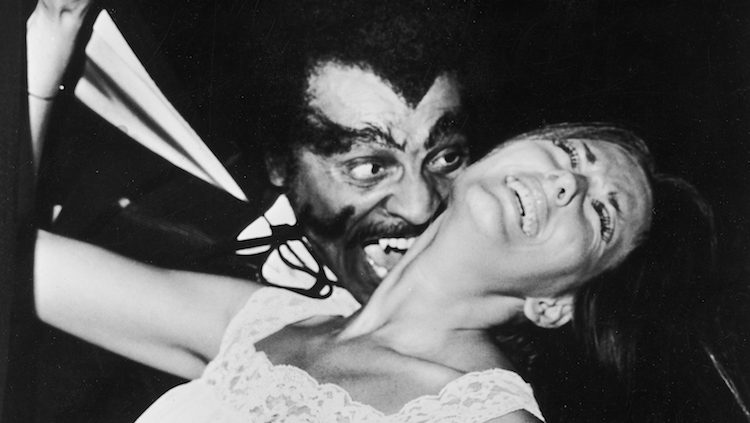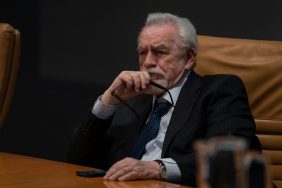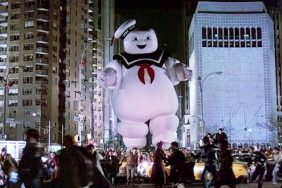Photo: American International Pictures (Getty Images)
Jordan Peele’s Get Out was heralded (and rightly so) for bringing a fresh African-American perspective to an underrepresented form, but the truth is that black horror has been around since the silent movie era. If you didn’t know, go watch Blacula. Now.
Horror Noire: A History of Black Horror pulls back the movie curtain on the untold story of the origin, evolution, and identity of African-Americans in horror cinema. Based on the seminal book of the same name by Dr. Robin R. Means Coleman, the new Shudder documentary premieres Feb. 7 on the AMC Networks streaming platform.
We had a chance to chat with Horror Noire co-writer/producer Ashlee Blackwell over email about the Xavier Burgin-directed film. It features in-depth interviews with icons of the underground genre such as Tony Todd (Candyman), Tina Mabry (Mississippi Damned), Rusty Cundieff (Tales from the Hood), Dr. Coleman, and Oscar-winner Peele.
Diversity makes everything better: Blumhouse Should Beg These Talented Female Filmmakers To Make Its Horror Movies
Horror on the page: ‘Fangoria’ is Alive and Printing
Follow Mandatory on Facebook, Twitter, and Instagram.
Horror Noire Q and A
-
Horror Noire Q and A #1
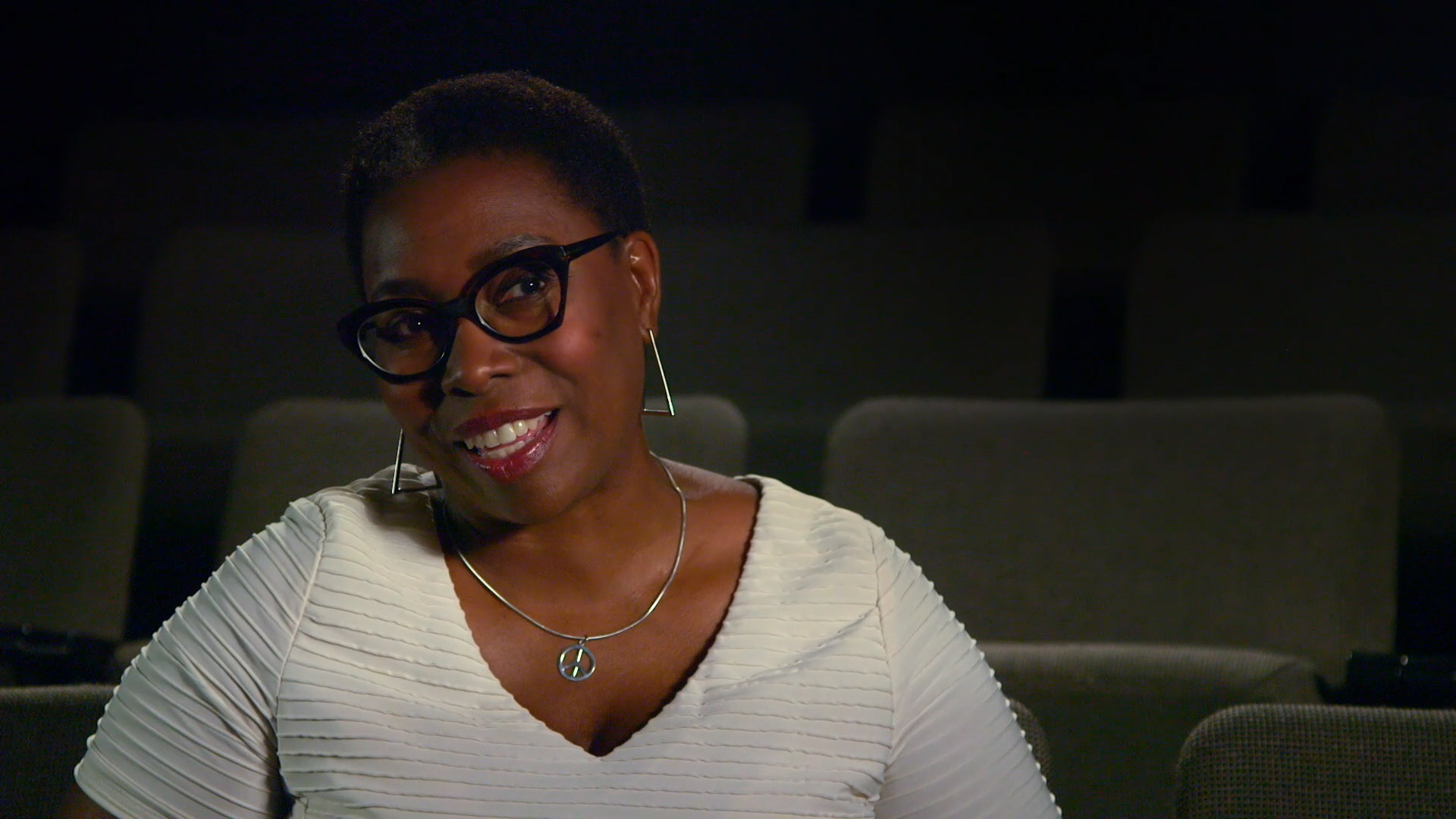
Mandatory: Tell us how you got the idea for Horror Noire?
Ashlee Blackwell: While the positive response to Jordan Peele's Get Out was flourishing, Phil Nobile Jr. (editor-in-chief of Fangoria) and I started talking about a need to tell the story of black Americans in the horror genre. Dr. Robin R. Means Coleman's book Horror Noire was something I sourced heavily in my own public scholarship, so we knew there was a solid foundation for an on-screen blueprint.
How did Shudder get involved?
We worked on developing a pitch and shopped the idea around to a few places. But Shudder embraced the project and helped us bring it to life.
Robin R. Means Coleman. Photo: Shudder
-
Horror Noire Q and A #2
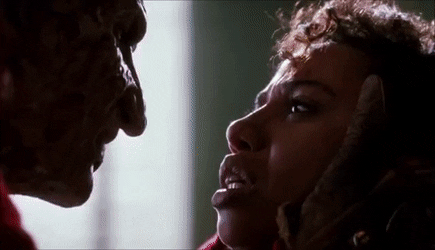
What was the first personal connection you had to horror as an African-American female?
Accidentally watching A Nightmare on Elm Street 4: The Dream Master when I was around 7 or 8 was the best thing that ever happened to me. My attention perked seeing a young, brown-skinned girl with huge glasses. For another brown-skinned girl with huge glasses, it was revolutionary. I already had an affinity to this genre because I loved the sympathetic monster, rooting for the survival of others, and the amazing makeup and gore effects, but actually seeing myself on-screen propelled me into imagining that I could be a part of these worlds too.
That’s the same experience a lot of POC audiences are expressing with Black Panther and Crazy Rich Asians.
Representation is a great motivator that is a big reason why we're inspired to navigate certain spaces and reach achievements we may not have thought possible without the character, image, or professional who made an impression on us.
-
Horror Noire Q and A #3
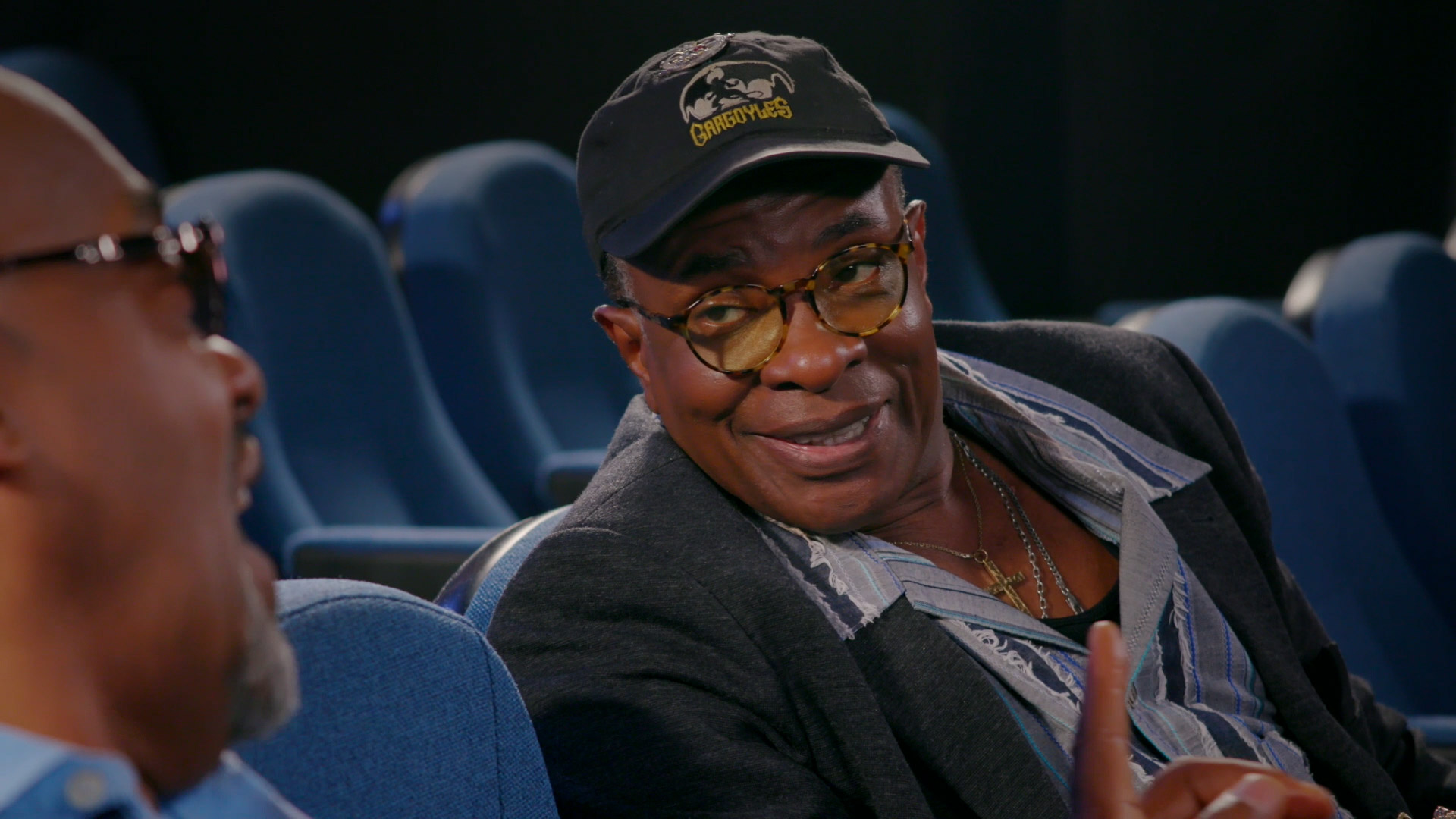
Who are the forefathers and foremothers who define the black horror genre?
Spencer Williams, Eloyce and James Gist, even Oscar Micheaux are some of the first black screenwriters and directors who developed stories with supernatural stories and images. James Bond III, Bill Gunn, Rusty Cundieff, William Crain, Ernest Dickerson, even Kasi Lemmons followed in this tradition, showing holistic, varying images of black Americans in fantastical scenarios while painting them with broad strokes.
What did you learn about black horror that you didn't know coming into making the doc?
I learned about how older black horror fans embraced the genre as a way to both escape and grapple with the trauma and racial discrimination they face outside of a theater.
Keith David. Photo: Shudder
-
Horror Noire Q and A #4
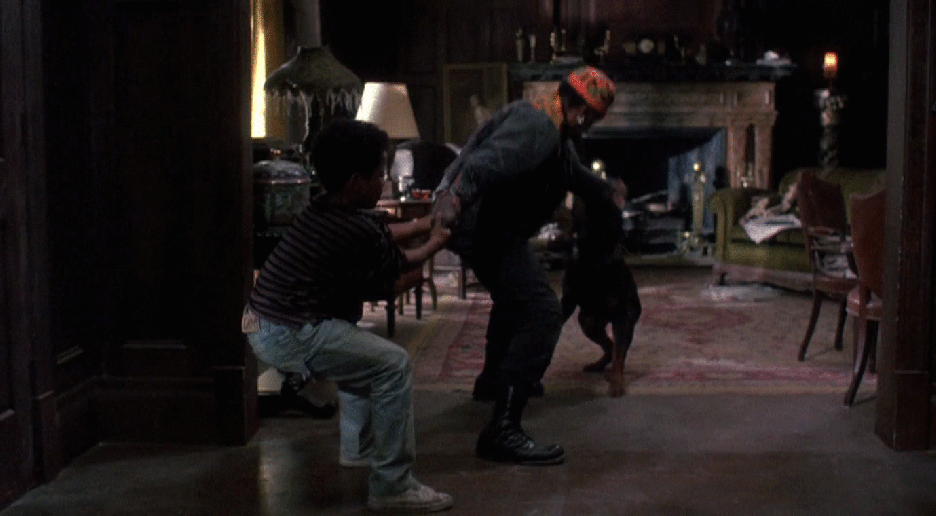
How do the films featured in Horror Noire directly relate to the African-American experience?
Our interview subjects delve into the meaning behind what's popular in the genre, especially in the 1950s and 1980s. What unfolds is a very nuanced discussion about the fight for visibility that we've seen in society where black Americans were striving for equitable opportunities in areas that enhance one's quality of life, such as better housing, entry into the workforce, education, etc.
That's a perspective we rarely get to see in genre films, especially horror.
Some of the most fascinating discussions are when black Americans are mostly absent from horror during certain periods. When we are seen, the conversation is slightly more direct about where we are in society. From something to be feared as a threat to the structure and safety of a United States erected by white supremacists (The Birth of a Nation) to the youth taking action to fight against urban blight (The People Under The Stairs).
-
Horror Noire Q and A #5
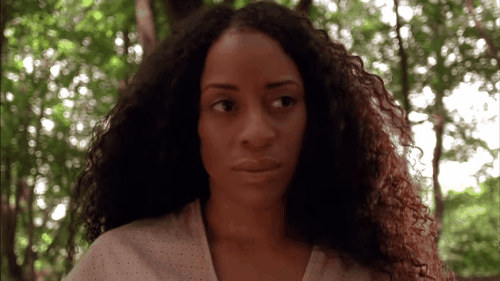
Get Out brought the black horror genre into the mainstream, but what are some other films we should check out?
Screen what independent filmmakers are doing. Many are making short films, some as concepts for larger features, and/or using their work as a platform for opportunities and recognition. Wake by Bree Newsome, Night of the Witch by Zena S. Dixon, FLESH by Monika Estrella Negra, Paralysis by R. Shanea Williams, Page One written by Tarik R. Davis, White Knuckle by Xavier Coleman. They're some of the most intelligent and insightful people I've had the privilege to work with and their films are all infused and centered on black characters whose racial identity is effected by social concerns. I would love to see their original stories embraced by a wider audience.
